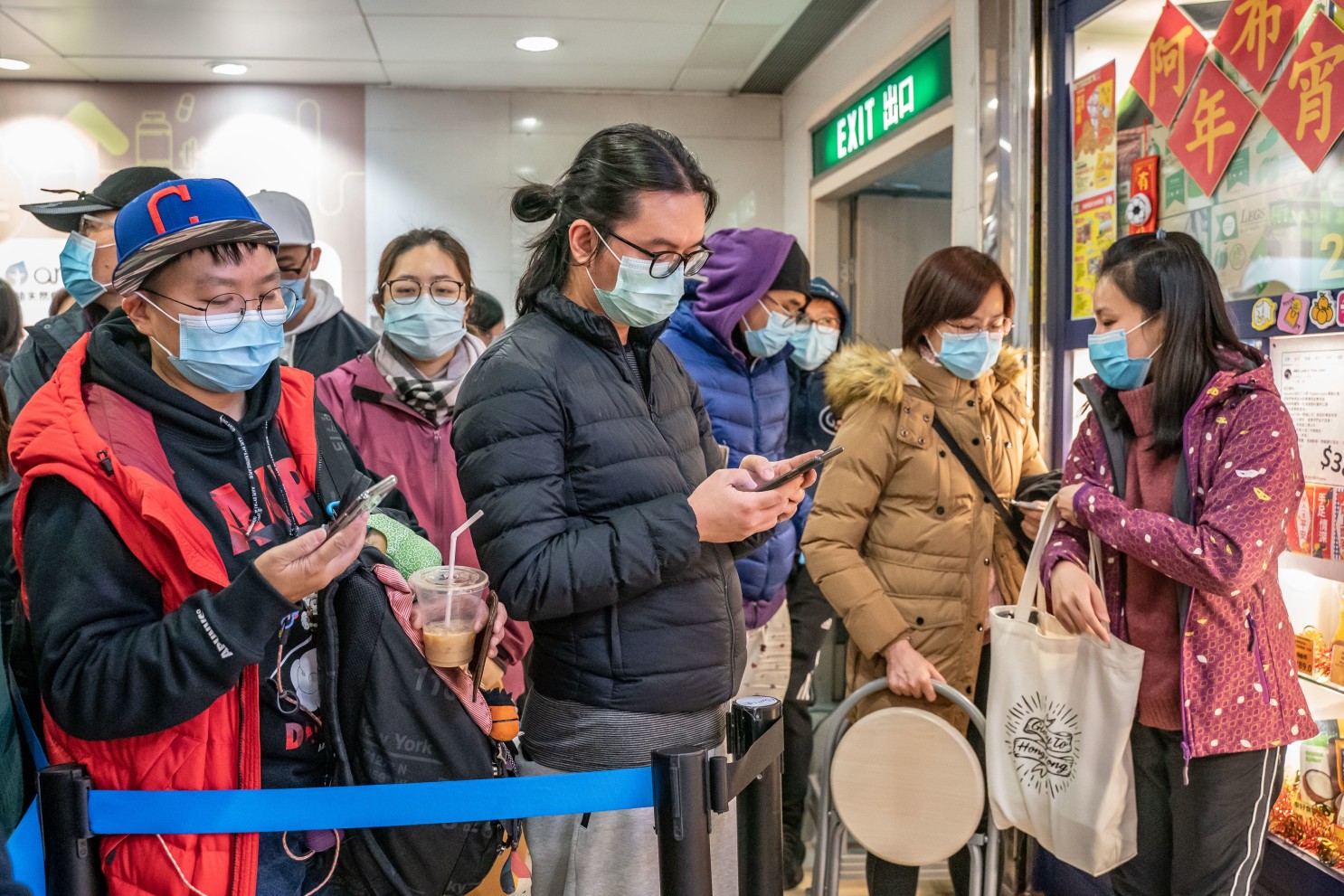How To Protect Yourself While Traveling During the Coronavirus Pandemic
- Posted on May 05, 2020
- Editors Pick
- By Glory

With cases of the novel coronavirus on the increase in the world, travelers should be careful when it comes to their personal safety.
Since the global spread of the coronavirus, the travel industry has been greatly affected, with the airline industry being one of the most affected industries in the US. It started from the cancellation of major global conferences like the ITB in Berlin to airlines canceling flights at shocking rates. According to a recent survey done on 401 companies by the Global Business Travel Association (GBTA), 65% reported canceled meetings or events due to the coronavirus.
Head of R&A and Travel & Tourism at GlobalData, Nick Wyatt said that things are “likely to get worse before it gets better again.”
“While it’s important to temper the hysteria and make it clear that the travel and tourism sector is not going to grind to a halt altogether, we must be realistic and acknowledge the fact that it will need to navigate choppy waters for some time to come,” he said.
According to a recent estimate, the Centers of Disease Control nearly 68,000 Americans have died so far as a result of the Covid-19. As the numbers and uncertainties concerning the coronavirus continue to increase, many people have been burdened with the fear of contracting the virus if they decide to travel. It is true that travelers are more likely going to be exposed to the virus. There is also the scary part of getting quarantined for 14 days on arrival at a new place.
With good knowledge of how the coronavirus affects traveling and travelers, the fear of traveling in such times will be lifted.
Considering that coronavirus is airborne, and traveling would require passengers to be in an enclosed vessel for a while, there is a possibility of contracting the virus through air. According to Qingyan Chen, air quality expert at Purdue University, after researching air particles in passenger vehicles and how to track them, has come up with a conclusion that cruise ship air conditioning systems do not have filters. They allow disease to circulate around the cabins. While air conditioning systems of planes have filters that can filter out particles including airborne diseases. However, it is not a guarantee to prevent contracting coronavirus as the virus can transfer from the air and land on surfaces. Maintaining a good distance from other passengers, and a hand sanitizer would prevent physical contact with the virus.
He also warns that toilets are the greatest coronavirus hotspots on planes. “Stool also contains viruses. Close the lid before you flush to limit how much goes into the air.” Also recommending travelers to use alcohol base disinfecting wipes to avoid contracting the virus through touch.
Generally, traveling with sick passengers may be quite risky. It is even riskier when the “sick” passengers are unaware of their condition. A recent research done by the Proceedings of the National Academy of Sciences discovered that in most cases 11 of the closest people seated near a sick passenger are likely to get infected.
If you must travel amid the coronavirus pandemic, you must put in extra efforts to ensure personal safety precautions. Many travel and tourism companies are also seeking new measures to ensure the safety of all their crew and passengers to prevent further spread of the virus.
How to Protect Yourself while Traveling
- Wear person protective gears
- Wash your hands
- Maintain social distancing in the Airport lobby
- Maintain social distancing at the gate
- Wear Gloves and be sure that you do not eat with a dirty gloves
- Avoid touching your face, mouth, eye and ears.
- Consider driving rather than flying
- Quarantine upon arrival


Be the first to comment!
You must login to comment